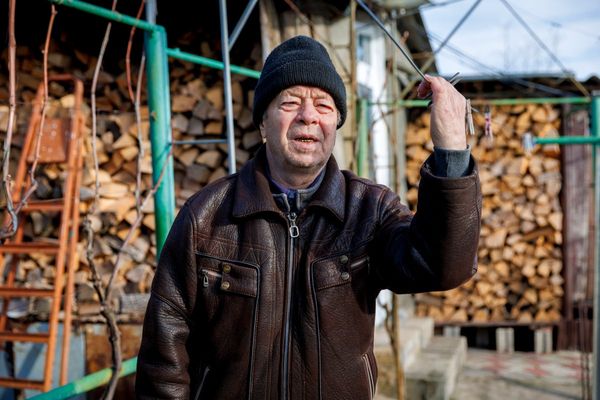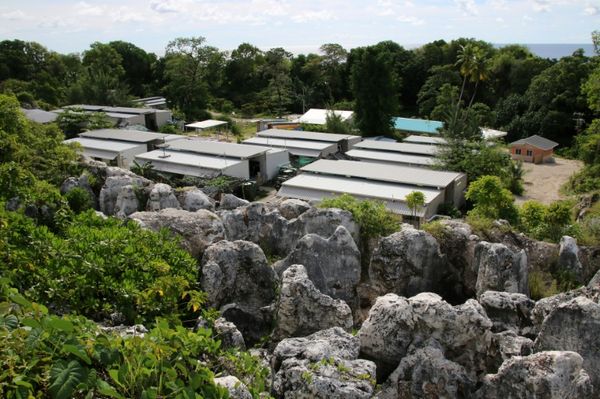
They said that a failure to agree on an "ambitious and transformative" biodiversity pact at COP15 in Montreal in December would risk undermining key global climate goals.
The climate deal that is currently being thrashed out at COP27 should also recognise the role of nature, they added.
At 2015's climate meeting in Paris, countries agreed to cut emissions in order to keep global warming "well below" 2 degrees Celsius (3.6 degrees Fahrenheit) and ideally to 1.5C (2.7F) - a limit that the world is now likely to surpass, scientists warn.
"Achieving net-zero emissions by 2050 is only possible if we also act now to deliver a nature-positive society," said a statement by the Paris Agreement architects.
Meanwhile, more than 300 civil society organisations have called for the agreement that will be negotiated at COP15 to reverse nature loss and "secure a nature-positive world this decade".
So what would a 'nature-positive' world entail, and how might countries achieve it?
WHY FOCUS ON RESTORING NATURE?
From deforestation to overfishing, global environmental destruction has reached a point where many plant and animal species will simply not recover.
The world's wildlife populations have declined by more than two-thirds since 1970, the World Wildlife Fund (WWF) has found.
As well as preserving vital biodiversity, protecting nature has a significant impact on global climate goals.
Nature has absorbed 54% of human-related carbon dioxide emissions over the past decade, but the capacity of the world's forests, oceans and other ecosystems to do this is weakening, according to a newly-released WWF report.
WHAT DOES 'NATURE-POSITIVE' MEAN?
In simple terms, achieving a 'nature-positive' world involves halting and reversing current trends of ecological destruction, which conservationists say needs to be achieved by the end of the decade.
"The idea (is) that there should be more nature in 2030 than 2020," explained Gavin Edwards, director of the Global Nature Positive Initiative at WWF.
He said this 'nature-positive' goal could be the equivalent of the 1.5C pledge, providing a sense of direction for the movement: where emissions cuts are needed to curb rising temperatures, nature protection is needed to boost biodiversity.
"Essentially, that curve has to be bent up at the same time as the climate curve is being bent down," Edwards added.
HOW CAN COUNTRIES MEASURE 'NATURE POSITIVE'?
'Nature-positive' outcomes entail the protection and restoration of natural processes, ecosystems and species, according to conservation organisations.
This can be quantified by measuring metrics like tree cover, the integrity of habitats, and the number of species.
The exact details will differ from country to country, said Edwards.
He said countries can be held accountable to their nature protection goals in a similar way to the "ratchet" mechanism of the Paris climate agreement - where national commitments are updated following a global stocktake on progress.
"It dictates where we need to go collectively, and a process of accountability to help us get there," Edwards explained.
WILL THERE BE A BREAKTHROUGH ON NATURE?
About 112 nations have backed a goal - to be discussed at COP15 in Montreal - to protect 30% of the planet's land and oceans by 2030.
Despite this, the U.N. head of biodiversity, Elizabeth Maruma Mrema, has said that COP15 is not expecting national leaders to attend the event next month.
This comes after several previous negotiations on the pact have stalled, leaving a huge task facing delegates in Montreal.
"Paris was a seminal moment where the ambition needed to address the climate crisis was finally acknowledged and nations acted," said Jennifer Morris, chief executive of environmental organisation The Nature Conservancy.
"This December in Montreal, we could have that same type of moment for biodiversity," she said.
This story has been published from a wire agency feed without modifications to the text.







